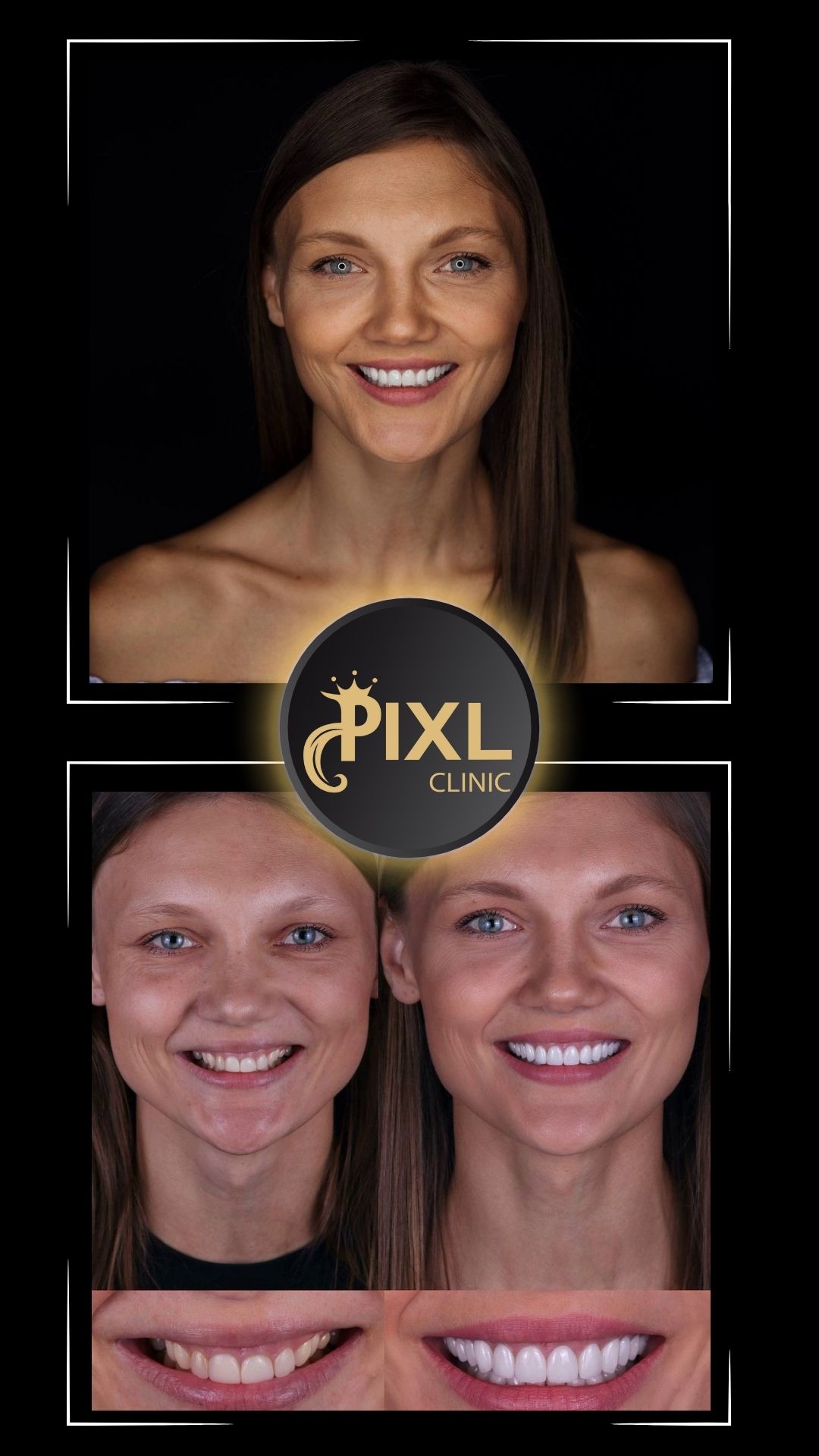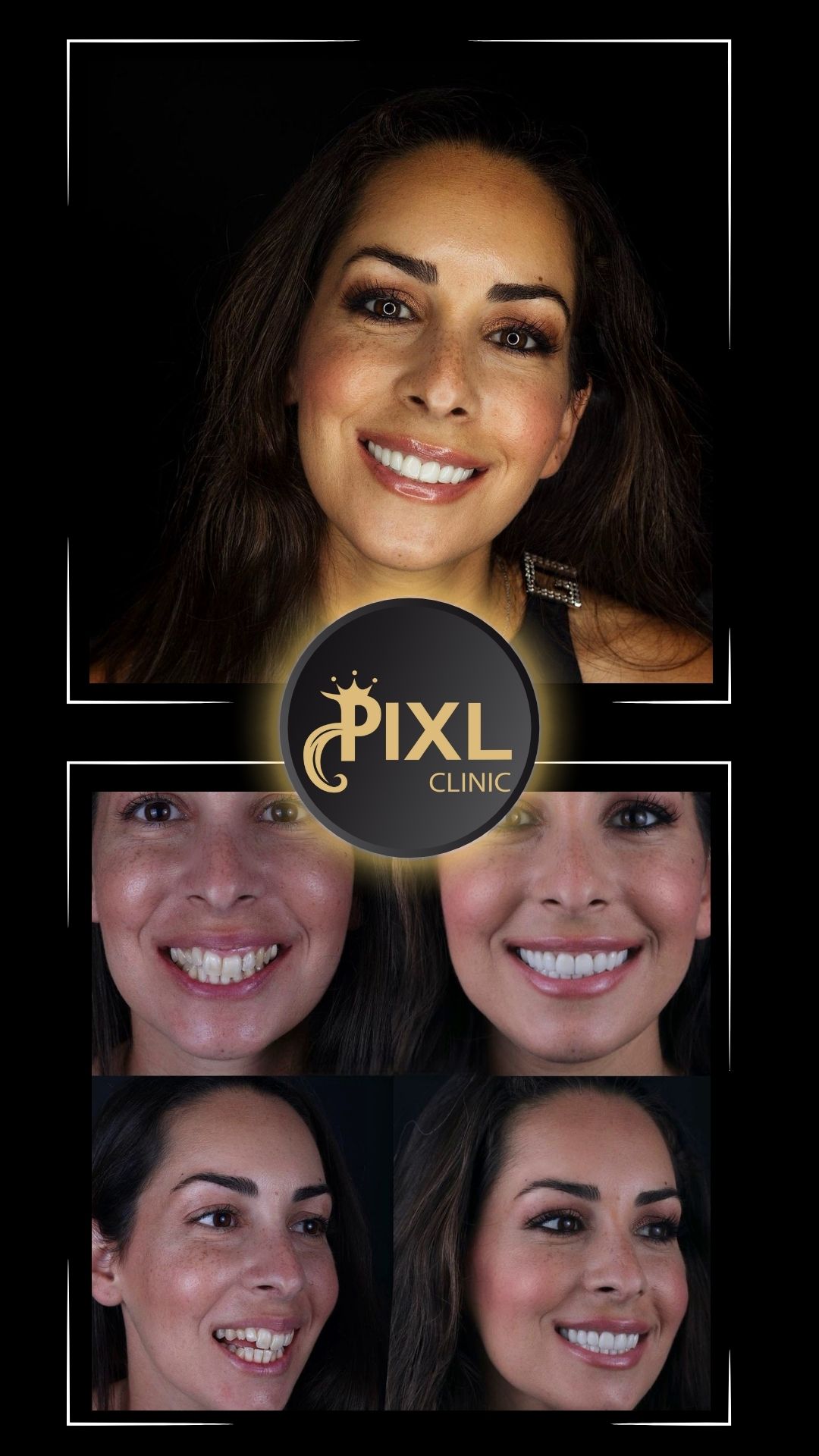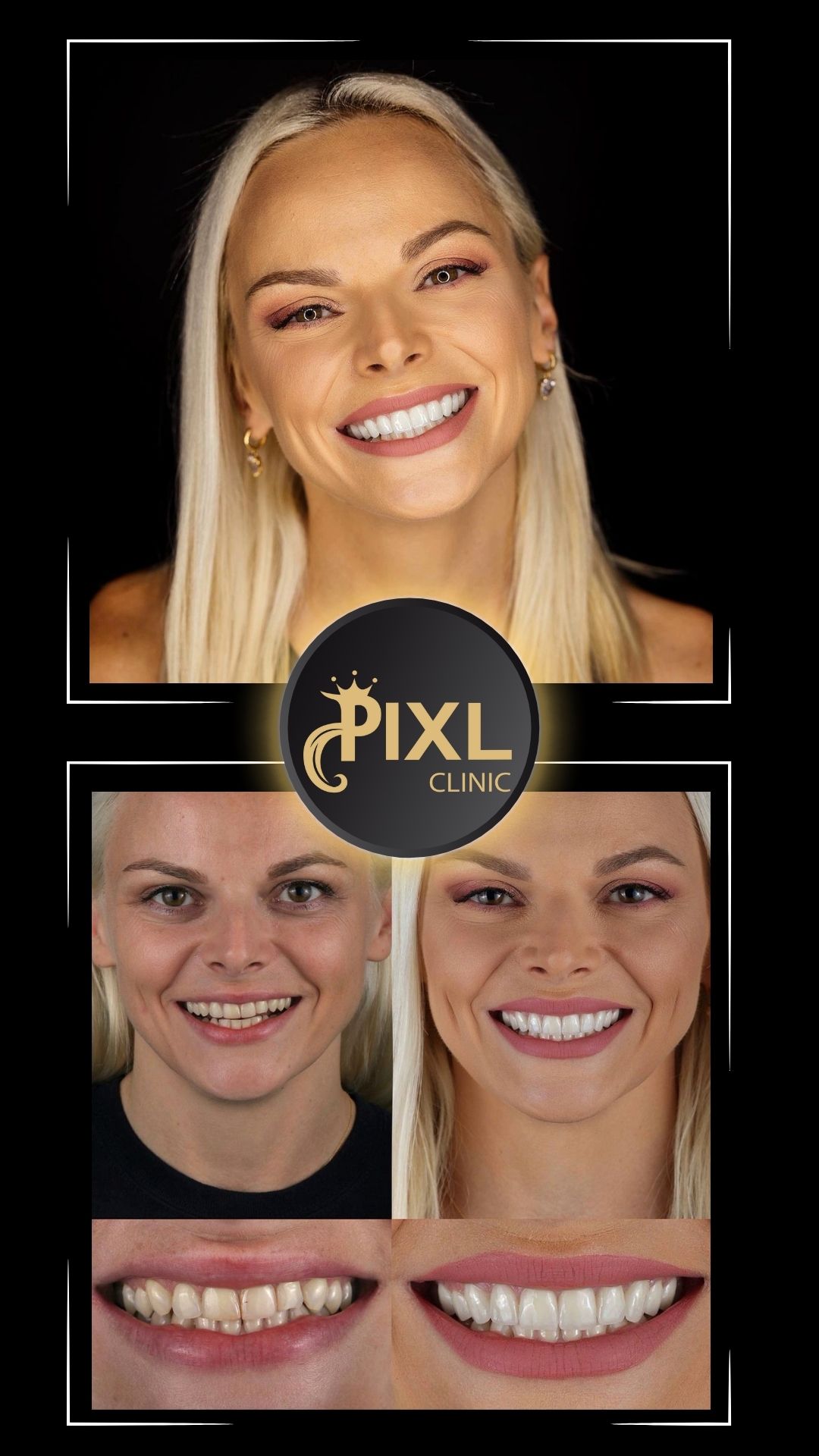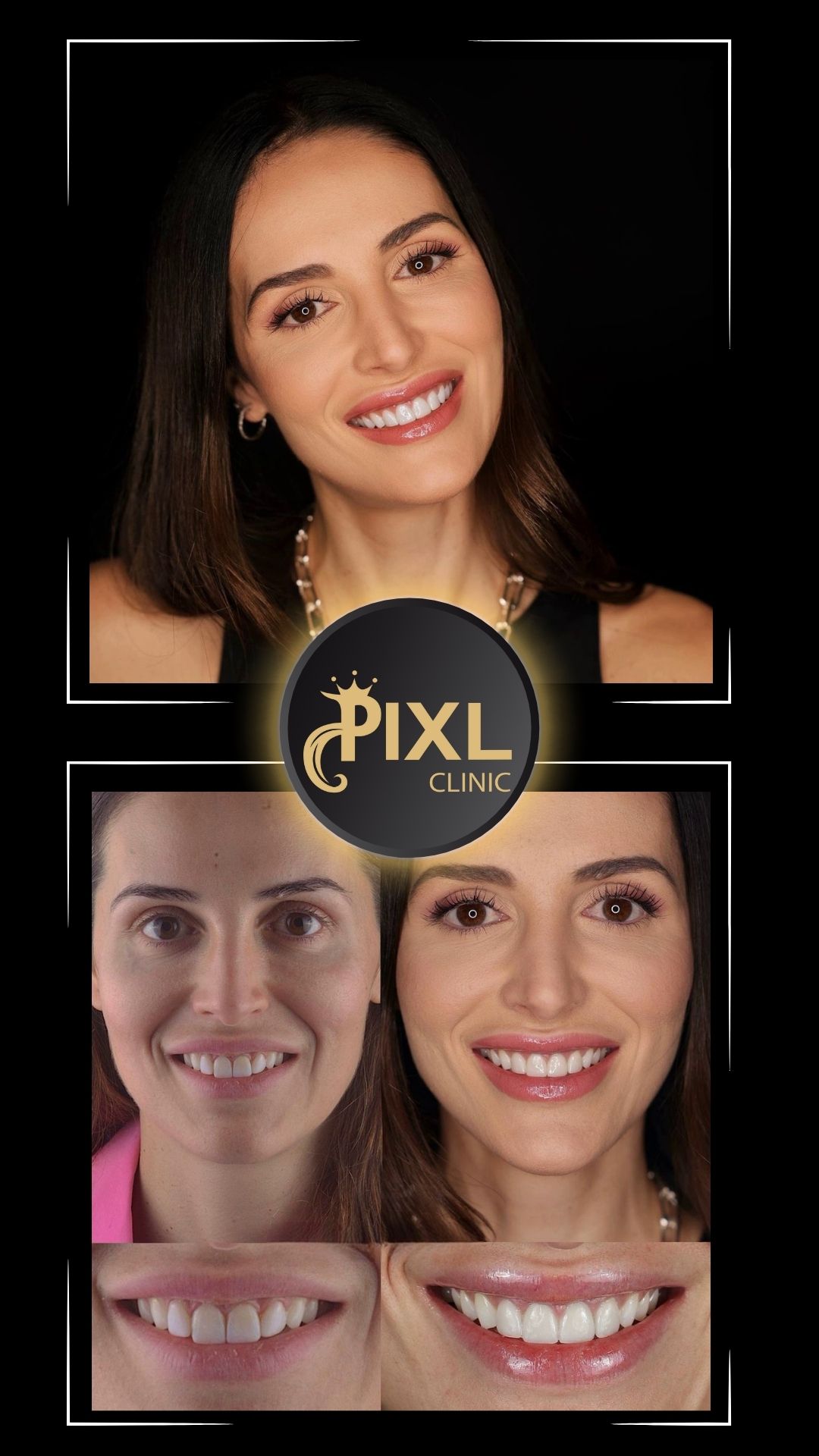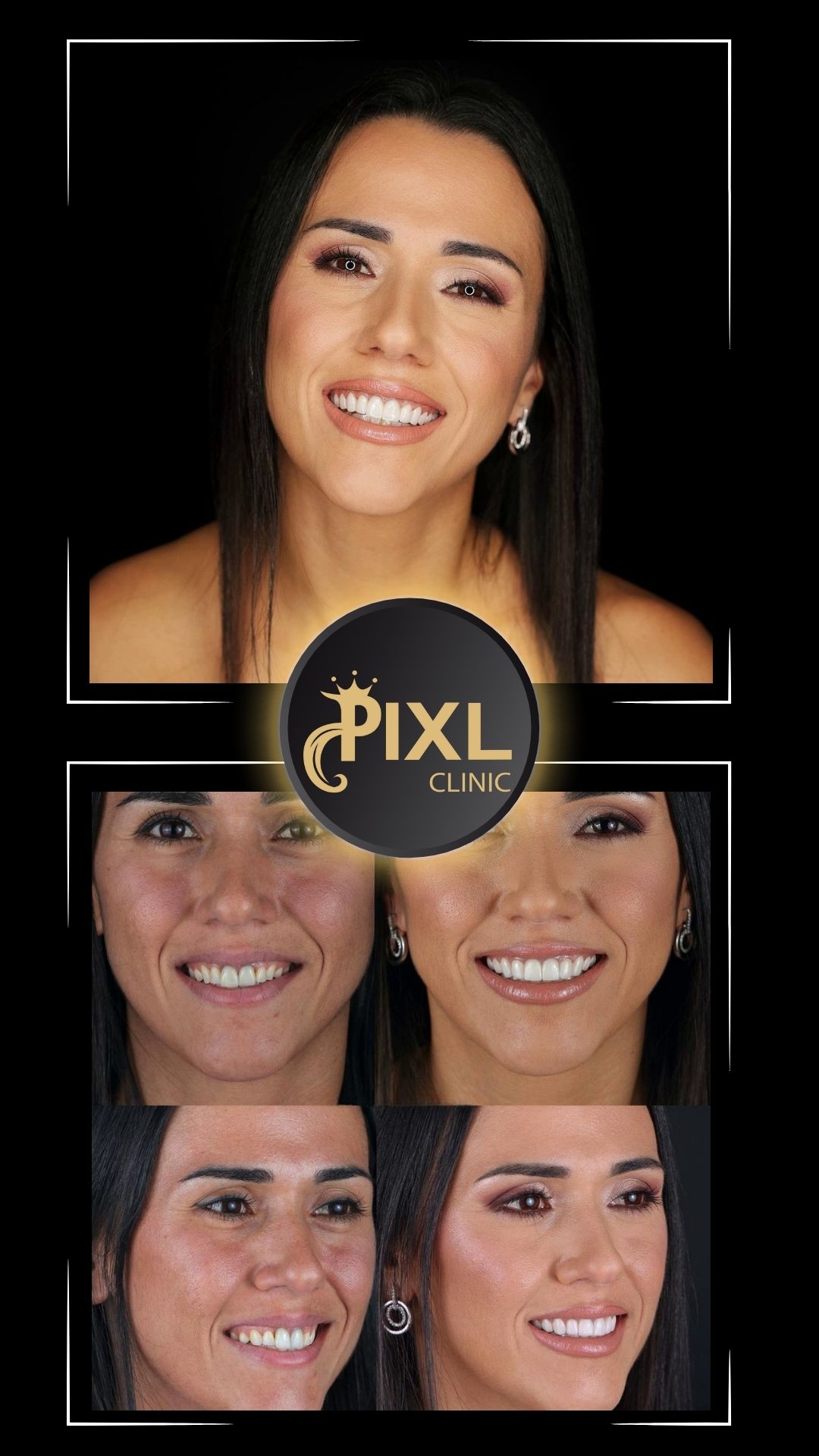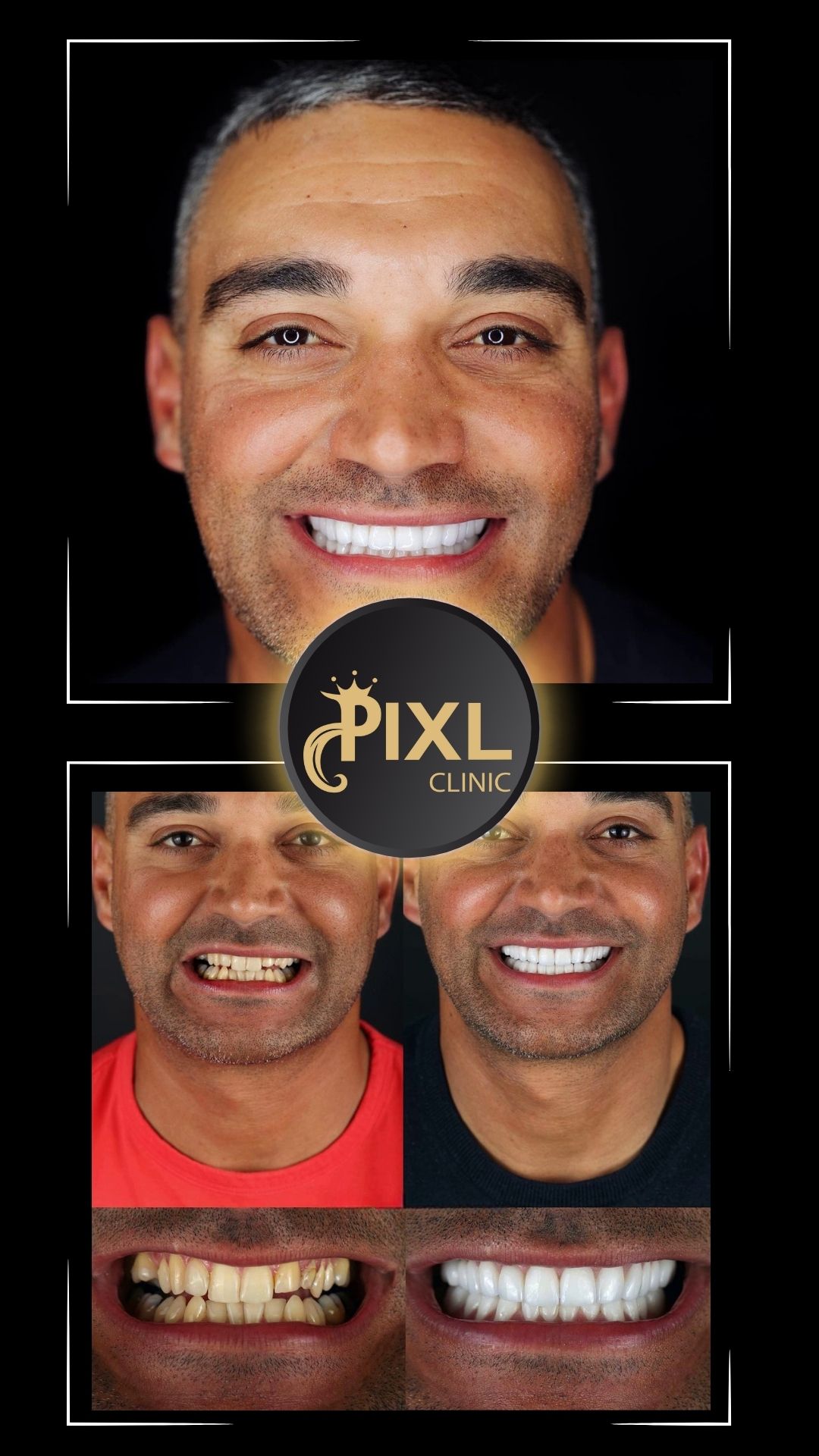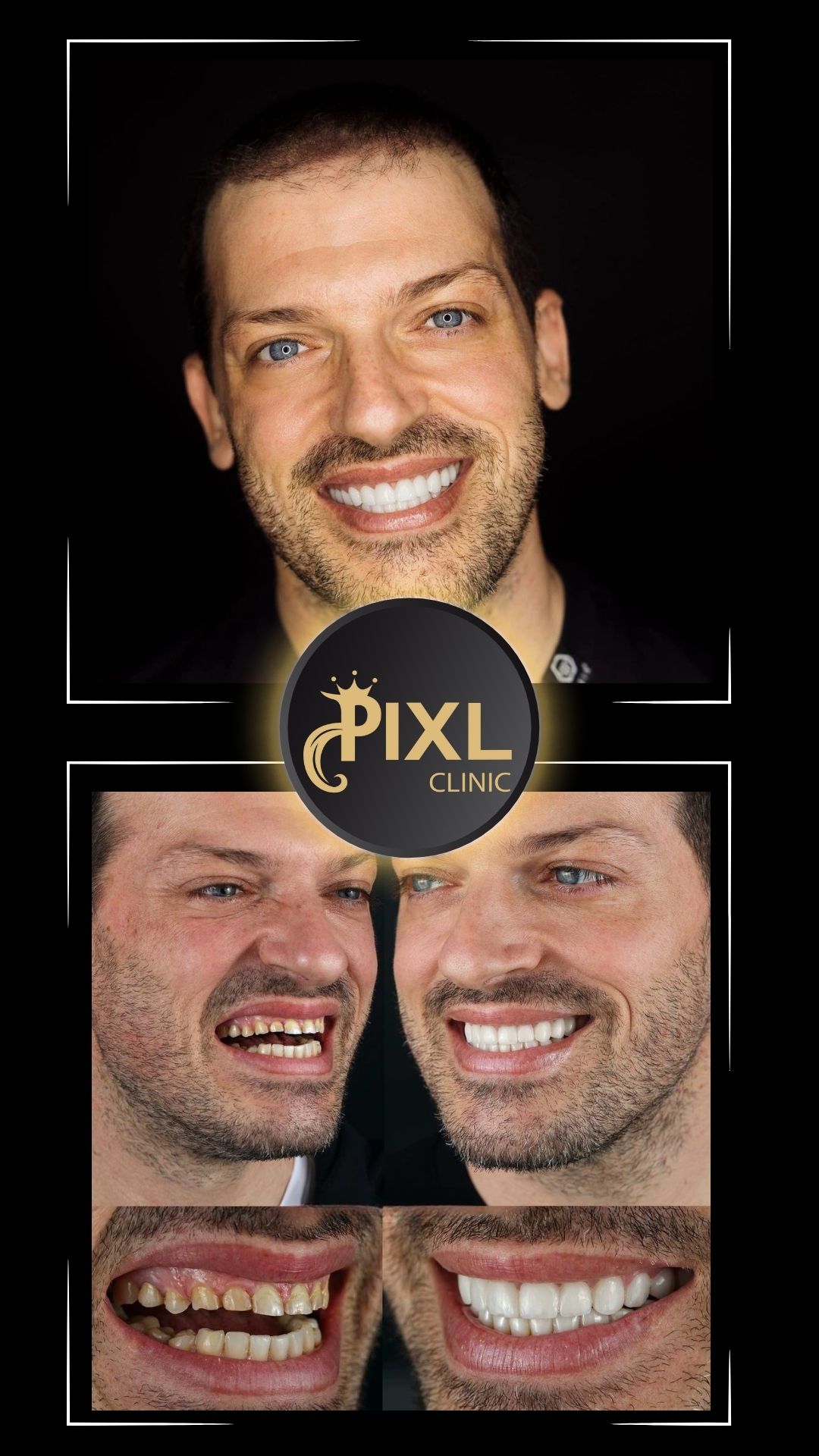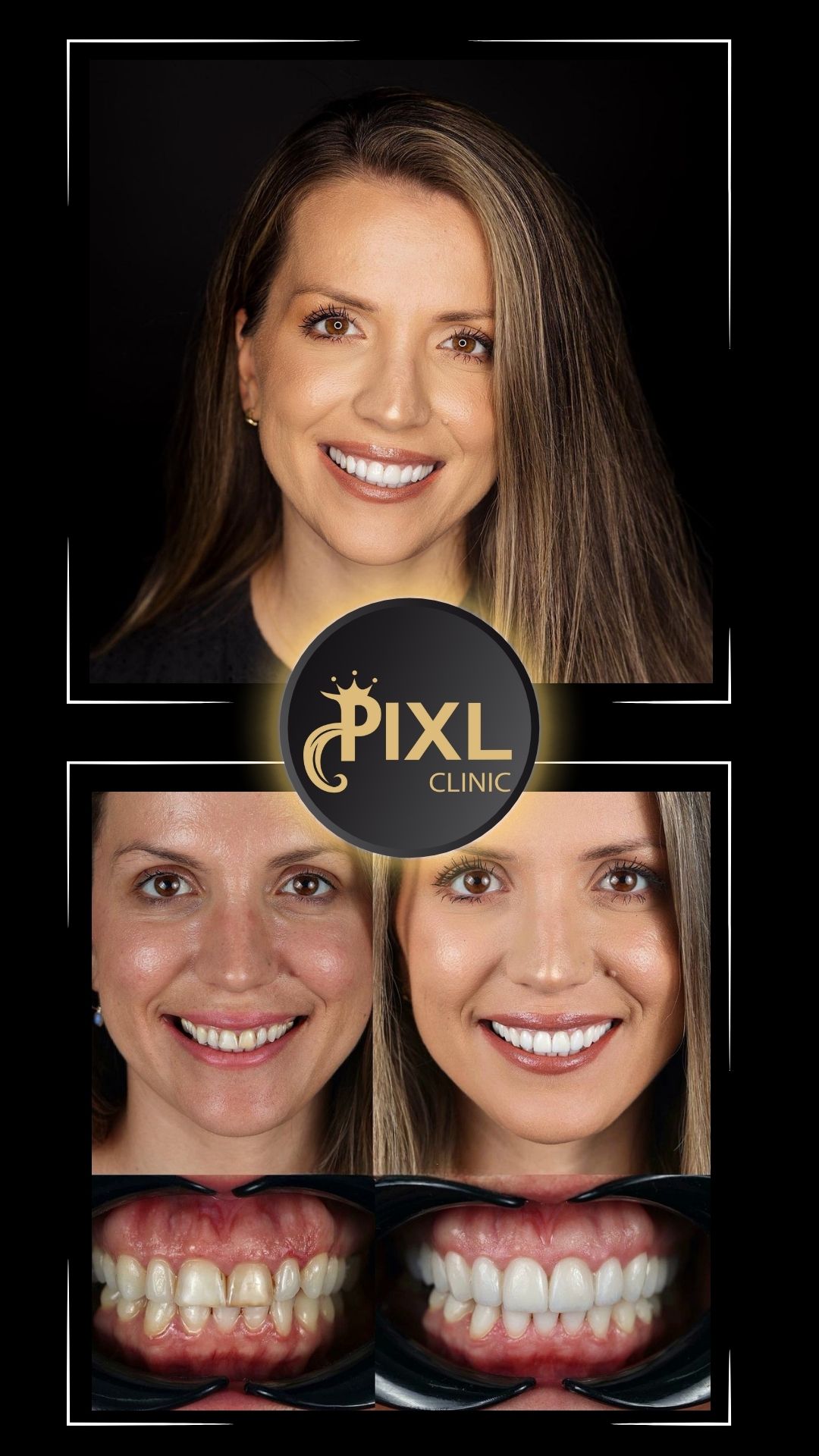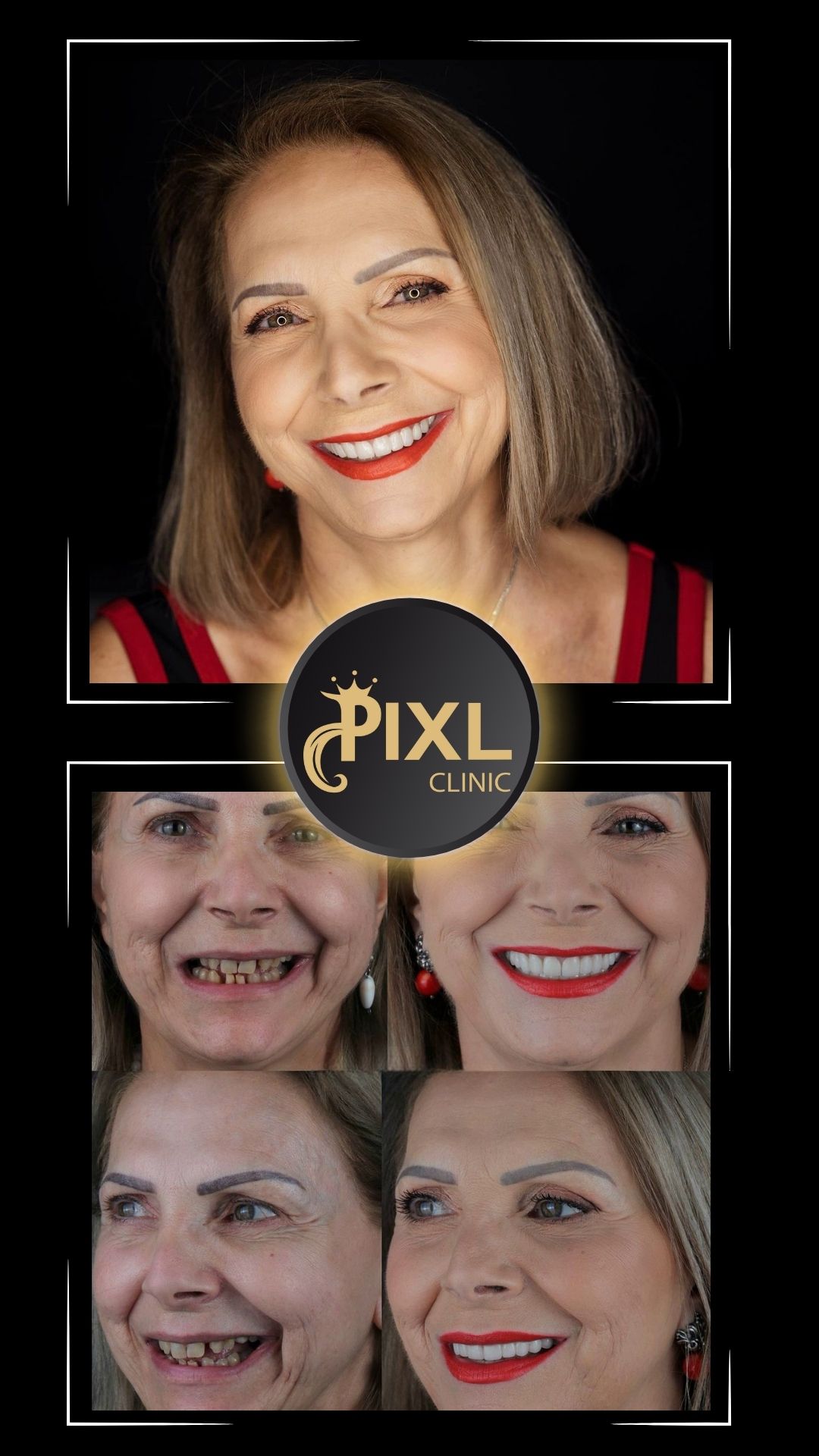Cost Comparison of Full Mouth Veneers: Key Factors to Consider
If you’re contemplating a full-mouth veneer transformation, you may be wondering about the cost involved and what factors influence it. Veneers are a popular choice for achieving a flawless smile, but understanding the financial commitment can help you make an informed decision. Here’s a breakdown of the key factors that impact the cost of full-mouth veneers.
Number of Veneers Required
The cost of veneers is typically calculated per tooth. A full-mouth veneer treatment usually includes 16–20 veneers to cover the visible teeth in both the upper and lower jaws. The exact number depends on your specific dental needs and the level of coverage you desire.

Material Used
Veneers are made from materials such as porcelain and composite resin, each with its own cost structure:
- Porcelain Veneers: Known for their durability, natural appearance, and stain resistance, porcelain veneers are typically more expensive but last longer (10–15 years with proper care).
- Composite Veneers: These are more affordable and can be applied in a single visit. However, they may not last as long as porcelain and may require more frequent touch-ups.
Dentist’s Expertise and Location
The experience and qualifications of the dentist play a significant role in the cost. A cosmetic dentist with extensive training and a strong portfolio may charge more. Additionally, prices can vary significantly based on the location of the dental practice:
- Urban areas and high-cost regions typically charge more.
- Smaller towns and suburban clinics may offer lower rates.
Lab and Customization Costs
Custom veneers are crafted in dental labs to fit your teeth perfectly and provide a natural look. Advanced labs using cutting-edge technology may charge higher fees. The degree of customization, such as achieving a specific shade or design, also affects the cost.
Pre-Treatment Procedures
Certain pre-treatments may be necessary before veneers can be applied:
- Teeth Cleaning: Ensures a clean surface for bonding.
- Gum Treatment: Addresses any underlying gum disease.
- Orthodontic Adjustments: If your teeth are misaligned, minor adjustments might be needed before applying veneers. These additional procedures can add to the overall cost.
Financing and Insurance
Most dental insurance plans don’t cover cosmetic procedures like veneers. However, some practices offer financing options or payment plans to make the treatment more affordable. Be sure to ask your dentist about available payment structures.
Maintenance and Longevity
While veneers are a long-term solution, maintaining them requires regular dental care and avoiding habits like teeth grinding. Factor in the costs of professional cleanings, potential repairs, or replacements over time.
Typical Cost Range
- Composite Veneers: $150–$250 per tooth
- Porcelain Veneers: $250–$350 per tooth For a full mouth, the total cost can range from $5,000 to $7,000 or more, depending on the factors mentioned above.
Investing in full-mouth veneers is a significant decision that goes beyond cost. Consider the materials, the dentist’s expertise, and your long-term goals for oral health and aesthetics. Research thoroughly, consult multiple dentists, and ensure you understand the financial commitment and potential results.
A perfect smile may come with a price, but for many, the confidence and satisfaction it brings are well worth the investment.
FAQs: Full Mouth Veneers
What are full-mouth veneers?
Full-mouth veneers involve applying thin, custom-made shells to the front surface of all visible teeth, usually in both the upper and lower jaws, to enhance their appearance. They are used to correct issues like discoloration, chips, gaps, or misshapen teeth.
How much do full-mouth veneers cost?
The cost of full-mouth veneers varies depending on the material, dentist’s expertise, location, and the number of veneers needed. On average:
- Composite veneers: $150–$250 per tooth
- Porcelain veneers: $250–$350 per tooth For a full-mouth treatment (16–20 veneers), the total cost can range from $5,000 to $7,000 or more.
What is the difference between porcelain and composite veneers?
- Porcelain Veneers: Durable, natural-looking, and stain-resistant; they last 10–15 years but are more expensive.
- Composite Veneers: More affordable and can be applied in a single visit; they typically last 5–7 years and may require more maintenance.
Are full-mouth veneers covered by dental insurance?
Most dental insurance plans do not cover cosmetic procedures like veneers. However, some aspects of the treatment, such as pre-treatment procedures or repairs due to damage, might be partially covered. Check with your insurance provider for details.
How long does it take to get full-mouth veneers?
The process typically involves 2–3 visits over a few weeks:
- Consultation and Planning: Initial examination, impressions, and discussions about your desired results.
- Preparation: Teeth are reshaped, and temporary veneers may be placed.
- Final Placement: Permanent veneers are bonded to the teeth.
Do veneers require special maintenance?
Veneers don’t require special maintenance beyond regular oral hygiene:
- Brush and floss daily.
- Visit your dentist regularly.
- Avoid habits like chewing ice or using your teeth as tools. For longevity, consider wearing a night guard if you grind your teeth.
Do veneers damage natural teeth?
When done by an experienced dentist, veneers should not damage natural teeth. However, some enamel removal is required to ensure proper bonding, which is irreversible.
How long do veneers last?
- Porcelain veneers: 10–15 years or longer with proper care.
- Composite veneers: 5–7 years on average.
Can veneers be whitened?
Veneers cannot be whitened. If you want a whiter smile, discuss your preferred shade with your dentist before the veneers are made. Regular cleaning can help maintain their brightness.
Are veneers reversible?
Veneers are typically not reversible because a small amount of enamel is removed during the preparation process. If they need to be replaced, new veneers will have to be made.
What if I have dental issues like cavities or gum disease?
Your dentist will address any underlying dental issues, such as cavities or gum disease, before placing veneers. These treatments may add to the overall timeline and cost.
Can I get veneers if I have missing teeth?
If you have missing teeth, veneers alone won’t be a suitable option. You may need dental implants, bridges, or other restorative procedures in addition to veneers for a complete smile makeover.
How do I choose the right dentist for full-mouth veneers?
Look for a dentist with:
- Extensive experience in cosmetic dentistry.
- Positive patient reviews and testimonials.
- Before-and-after photos of previous veneer cases.
- Clear communication and a personalized treatment plan.
Are veneers a good investment?
Veneers are a long-term investment in your smile and confidence. While they come with a significant cost, their durability, aesthetic benefits, and the boost to self-esteem make them a worthwhile choice for many.





